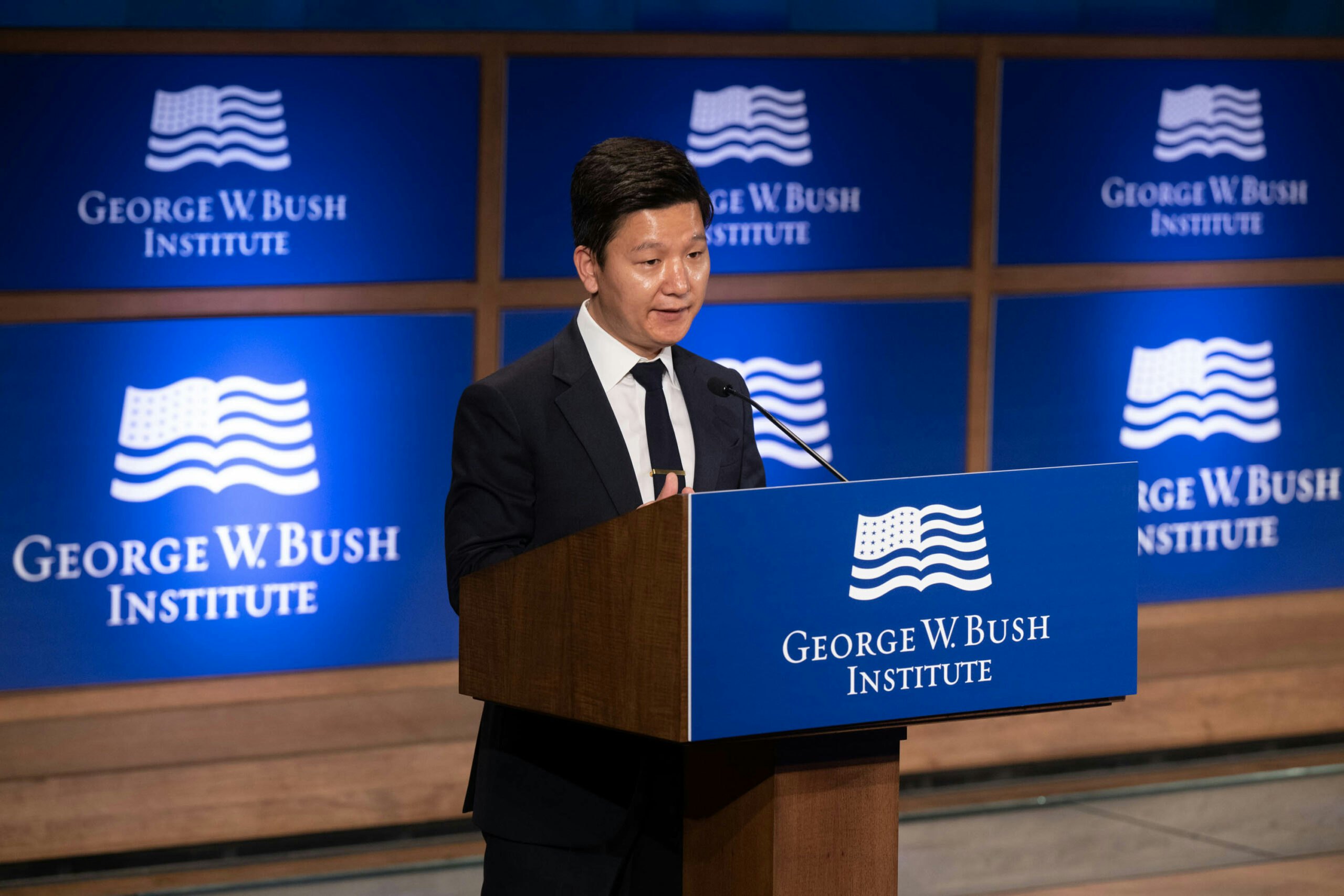Amidst the doom-and-gloom about the future of U.S.-China relations even among its most ardent advocates, the House Select Committee on Strategic Competition Between the United States and the Chinese Communist Party released a lengthy report that – if implemented – would significantly change the relationship between the world’s two largest economies.
The report, titled “Reset, Prevent, Build,” includes 150 policy recommendations aimed at charting a new path for the U.S.-China relationship that prioritizes U.S. “national security, economic security, and values.”
The issues identified by the Committee are not new in U.S.-China relations and are not easily fixable for two reasons. First, the economic relationship between the two countries is not only massive, but is also driven primarily by the private sector. This differs from the U.S. economic relationship with the Soviet Union during the Cold War, which was minimal and driven primarily by government-to-government trade agreements. The second is that, according to the U.S.-China Business Council, U.S. trade with China supports more than 1 million American jobs, which makes any decisions to limit the economic relationship challenging both politically and locally. A case in point is the punitive tariffs on billions of Chinese goods, imposed by the Trump Administration starting in 2018 and since maintained by the Biden Administration. According to economists, these tariffs have backfired and cost the U.S. economy billions of dollars in lost revenue and thousands of jobs.
As a result of these factors, a significant economic imbalance in bilateral relations has been created over time, leading to a nearly $400 billion U.S. trade deficit with China at the end of 2022. The Committee rightly identified the U.S. decision to support China’s entry into the World Trade Organization in 2001 as the “failed bet” of more open and balanced U.S.-China relations. However, members ultimately chose to soften the report’s language on revoking Permanent Normal Trade Relations status for China, partly due to pressure from farmers that would bear the brunt of such a policy reversal.
The report also recommends curtailing U.S. private investment into China’s cutting-edge technologies that fuel its “Military-Civil Fusion” strategy; ending China’s alarming dominance in rare-earth minerals, pharmaceuticals, and other strategically-important sectors; and punishing Beijing’s rampant and ongoing theft of U.S. intellectual capital – by covert and overt means. These are critical matters for U.S. policymakers to address in the near future by both incentivizing domestic production and using all diplomatic tools at our disposal to limit China’s global dominance in these sectors.
The report states that in order to deal with an ideologically hostile and more strategically assertive China, we must get our own house in order – and fast. According to the Committee, the United States “must bolster its unique advantages in technological development by funding research, incentivizing innovation, and attracting global talent in critical areas,” and we must do so through “economic and technological collaboration with like-minded partners.” This is a herculean task that Congress, the Biden Administration, academics, and the private sector must tackle in earnest and without delay.





























